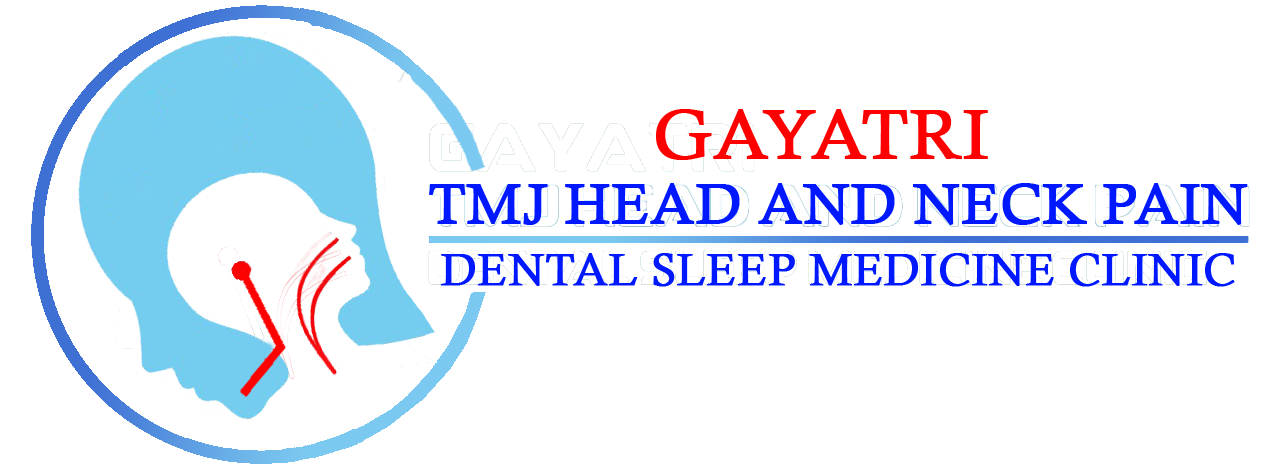Overview
Bruxism is a condition in which you grind, gnash or clench your teeth. If you have bruxism, you may unconsciously clench your teeth when you’re awake (awake bruxism) or clench or grind them during sleep (sleep bruxism).
Sleep bruxism is considered a sleep-related movement disorder. People who clench or grind their teeth (brux) during sleep are more likely to have other sleep disorders, such as snoring and pauses in breathing (sleep apnea).
Mild bruxism may not require treatment. However, in some people, bruxism can be frequent and severe enough to lead to jaw disorders, headaches, damaged teeth and other problems.
Because you may have sleep bruxism and be unaware of it until complications develop, it’s important to know the signs and symptoms of bruxism and to seek care.


Symptoms
Signs and symptoms of bruxism may include:
- Teeth grinding or clenching, which may be loud enough to wake up your sleep partner
- Teeth that are flattened, fractured, chipped or loose
- Worn tooth enamel, exposing deeper layers of your tooth
- Increased tooth pain or sensitivity
- Tired or tight jaw muscles, or a locked jaw that won’t open or close completely
- Jaw, neck or face pain or soreness
- Pain that feels like an earache, though it’s actually not a problem with your ear
- Dull headache starting in the temples
- Damage from chewing on the inside of your cheek
- Sleep disruption
When to see a doctor
You can visit us if you have any of the symptoms listed above or have other concerns about your teeth or jaw.
If you notice that your child is grinding his or her teeth — or has other signs or symptoms of bruxism — be sure to mention it at your child’s next dental appointment.
Risk factors
These factors increase your risk of bruxism:
- Increased anxiety or stress can lead to teeth grinding. So can anger and frustration.
- Bruxism is common in young children
- Personality type: Having a personality type that’s aggressive, competitive or hyperactive can increase your risk of bruxism.
- Medications and other substances: Bruxism may be an uncommon side effect of some psychiatric medications, such as certain antidepressants. Smoking tobacco, drinking caffeinated beverages or alcohol, or using recreational drugs may increase the risk of bruxism.
- Family members with bruxism: Sleep bruxism tends to occur in families. If you have bruxism, other members of your family also may have bruxism or a history of it.
- Other disorders: Bruxism can be associated with some mental health and medical disorders, such as Parkinson’s disease, dementia, gastroesophageal reflux disorder (GERD), epilepsy, night terrors, sleep-related disorders such as sleep apnea, and attention-deficit/hyperactivity disorder (ADHD).
Complications
Bruxism may lead to:
- Damage to your teeth, restorations, crowns or jaw
- Tension-type headaches
- Severe facial or jaw pain
- Disorders that occur in the temporomandibular joints (TMJs), located just in front of your ears, which may sound like clicking when you open and close your mouth
Book your appointment
